‘This is for Sayyed’: Lebanese hail Hezbollah victory and remember martyred leaders
By Hiba Morad
Only hours after the ceasefire deal was announced and confirmed by the Lebanese government, people in southern Lebanon took to the streets on Wednesday to celebrate yet another emphatic triumph of the resistance.
Many others who had been displaced from their homes in southern Lebanon in recent months amid the Israeli regime's indiscriminate aerial bombings started their journey back to their villages.
Speaking to the Press TV website, people in southern Lebanon asserted that their resistance and resilience against the Israeli occupation ultimately bore fruits as the regime conceded defeat.
Israel has not achieved any of the goals it outlined at the beginning of its assault on Lebanon, they noted, vowing to rebuild their homes and restart afresh with no change in their stance on Palestine.
After more than a year of genocidal war on Gaza, which expanded to Lebanon in September this year, hostilities at the northern borders of occupied Palestine are finally drawing to a close with the ceasefire under the framework of UN Security Council Resolution 1701.
The agreement stipulates that the Israeli military will gradually withdraw from south Lebanon, while Hezbollah will vacate areas south of the Litani River, allowing the Lebanese Army to assume control of the region.
Following the announcement, thousands of Lebanese citizens headed back to their homes from where they had been forcibly displaced by the Israeli occupation, uncertain whether their homes still stood.

A bittersweet morning
At 4:00 a.m. local time (02:00 GMT) on Wednesday, Fatima dressed her children, and along with her husband, headed south to their village of Kfardounin.
“We could not wait to return. It is a bittersweet morning. We are filled with anxiety and eager to get back to our home. Although I have been informed by relatives still in the area that it has suffered partial damage, that does not matter," Fatima told the Press TV website.
"We will clean up the shattered glass, attempt to repair what can be salvaged, and then move forward to build a thriving life, God willing."
Fatima stated that despite heavy downpours, people lined up the streets in a cheerful state, waving Lebanese and Hezbollah flags, and distributing fruits and chocolates as "truth has triumphed."
However, she noted that despite the morning of joy and celebration, it was still a somber moment to return and see “we have lost our loved ones, our homes and that everything has been damaged."
The absence of Sayyed Hassan Nasrallah, who was assassinated in a Beirut bombing, is being felt deeply by those who are out in the streets or those heading to their homes in southern Lebanon.
"This moment feels incomplete. However, knowing that they are in a better place brings us some comfort. We are happy for them, but we miss them dearly," said Fatima.
She hastened to add that a ceasefire in Lebanon is a precursor to a ceasefire in Gaza, where more than 44,000 people, most of them children and women, have been killed since October last year.
"Now we are waiting to see the end of the genocidal war in Gaza. We cannot stop thinking about our Palestinian brothers and sisters," she stated.

'Leader looking from above'
Social media accounts of Lebanese users are today filled with photos of Sayyed Hassan Nasrallah, the martyred leader of the Lebanese Islamic resistance, dedicating this triumph to him.
“We were waiting for the day of victory, the day Sayyed Hassan would appear to tell us that we are a people of pure hearts and dignity. It is painful to reach this day without him among us," said Hussein, as he prepared to finish his online class and head to Beirut’s southern suburb, Dahiyeh.
"However, we know his soul can feel it and see us and everything around us today."
Speaking to the Press TV website, he suggested that the southern suburbs of Beirut must here on be referred to as "Sayyed Hassan suburbs," noting that he will "live forever in our hearts and minds."
Hussein said he and his friends believe Israel was defeated in the same way as in 2006.
“At the beginning of the war, Israel claimed it had already defeated Hezbollah and dismantled its power. However, what we observe today is quite the opposite," he remarked.
"Israel inflicted significant damage, but it did not eliminate the resistance or diminish our commitment to support it. We are very much here, firm and unwavering in our support for resistance."
We will always support the resistance
Mohammad, a 74-year-old man who arrived in the southern town of Hadatha three hours after the ceasefire was announced, told the Press TV website that it is difficult to comprehend the swarm of intense emotions that he believes everyone is likely trying to process.
“We achieved victory thanks to the sacrifices and blood of the resistance fighters and their leaders. Sayyed Hassan sacrificed his life so that we could live in dignity. The young men of Hezbollah did the same. We are indebted to them for as long as we are alive,” he told the Press TV website.
“We have won; we are the rightful owners of this land. We are Lebanese by identity and heritage, and our ancestors are Lebanese. We are not going anywhere, and we will always defend Lebanon. The resistance is our backbone and our security, and we will not let go."
He slammed the Israeli occupation for attempting to ethnically cleanse the Lebanese people, reminding the aggressors that the proud people of Lebanon are not going to abandon their homeland.
“Let each and every one of these Israelis tell me where their grandparents lived, where their ancestors are from, and what heritage and culture they possess. Zero," he stated.

Israel failed to achieve its goals
Congratulating Hezbollah on its decisive victory against the Israeli occupation, Lebanese analyst Ali Morad told the Press TV website that the ceasefire means the occupation failed to achieve its goals.
“At the beginning of the war, Israel had heightened expectations regarding its list of goals, which included completely annihilating Hezbollah, occupying Lebanese territory, and dismantling the resistance community known for its staunch support of Hezbollah," he noted.
“If we want to evaluate whether the resistance won this war, we must examine the list of goals and targets that the Israelis and Americans had on the night the war began, and assess what has been achieved from these goals by the time we reached the ceasefire.”
He further said the Israeli enemy sought to bring about a "significant change" in Lebanon’s demographics and geography, impose a Lebanese president subservient to Washington, destroy Hezbollah and its will to fight, devastate the morale of the people and fighters, and invade Lebanon through land incursions and occupation.
"However, none of these objectives were achieved," he asserted, adding that the regime has reverted to its original narrative, which focuses on relocating settlers to the northern region of occupied Palestine where Hezbollah operations have displaced them.
Morad hailed it as a "significant victory" for the Lebanese resistance and the Axis of Resistance taking into account Israeli weapons, technology, capabilities, and disproportionate force it uses.
“However, despite this disproportionality, the resistance was able to overcome the Zionist adversary and thwart all its plans. In summary, Israel was unable to achieve any of its objectives," he stated.
“The narrative currently being circulated by Western, Israeli, and, unfortunately, some Arab countries—claiming that the resistance has been defeated—is not new. This has been the case at various times, and therefore, it should be ignored.”
Pointing to a distorted narrative of being peddled by anti-resistance forces, he stated that the Lebanese resistance continues to stand by the Palestinian resistance.
“US Secretary of State, Anthony Blinken, along with other US officials, stated that a ceasefire in Lebanon would contribute to ending the war in Gaza,” he remarked.
“During the negotiations between Lebanon and the US, several undisclosed points were discussed to facilitate the end of the war against Gaza."
Palestinian resistance leaders have also welcomed and endorsed the ceasefire in Lebanon, which serves as evidence that this narrative is disinformation, according to the analyst.
"The reality is that there is ongoing coordination between the resistance movements in Lebanon and Palestine aimed at ending the genocidal war on Gaza," Morad noted.

Struggle for Palestine will continue
Lebanese journalist and political commentator, Omar Nashabe, also shared his insights with the Press TV website, saying the resistance is based on a central belief: the liberation of all of Palestine.
"The liberation of Palestine is the central tenet of the resistance movement in Lebanon. It is important to remember that Hezbollah established a supportive front to assist Gaza, which was under Israeli attack," he stressed.
"This is something that all Arabs, Muslims, and nations around the world should have done. However, they turned their backs on the resistance, with only a few, such as Iraq and Yemen, offering support."
He further stated that the support front the Lebanese resistance provided to Palestine escalated into an "all-out war" between the Tel Aviv regime and Hezbollah.
"Israel assassinated the Hezbollah leader and demonstrated military power due to the technology and arms supplied by the United States. However, it could not eliminate the resistance."
Hezbollah must lead its own battle, which is a completely different war altogether, Nashabe said.
"Israel employed a strategy aimed at targeting the population to compel them to abandon their resistance; however, this did not occur. None of Israel's objectives were realized," he noted.
"The struggle for Palestine will persist until total liberation of the occupied Palestinian territories is achieved, and we hope to see a ceasefire in Gaza soon."
Despite Leader's martyrdom, Islamic Republic firmly in control and punishing the enemy
At least 31 killed in Israeli aggression on southern Lebanon after Hezbollah strikes
Iran writes to UN, warns about dire consequences for perpetrators following Leader's martyrdom
Hezbollah strikes occupied Haifa in retaliation for Leader's assassination
Ansarullah mourns Leader's martyrdom as 'great loss' caused by 'most wretched terrorists'
Hezbollah offers condolences to Iranian nation over Leader’s martyrdom
US-Israeli strike targets IRIB facility; broadcasts continue
IRGC: Latest waves of Op. True Promise 4 led to tanker strikes, base shutdowns, heavy casualties


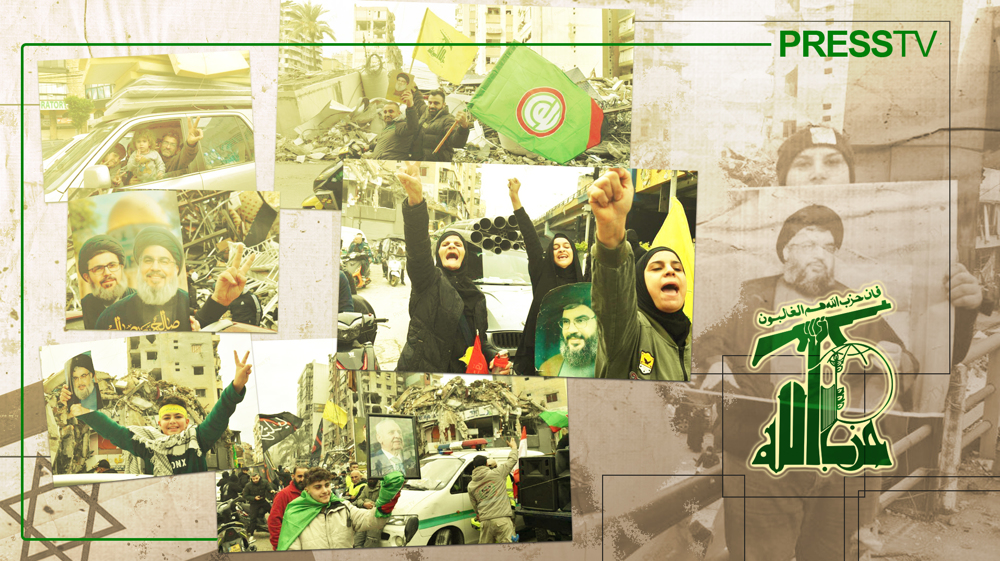
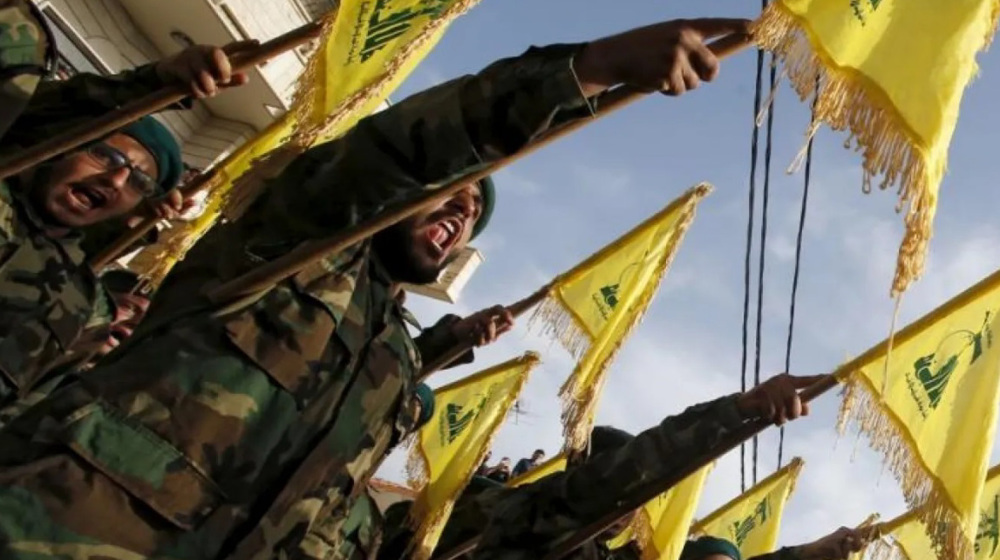
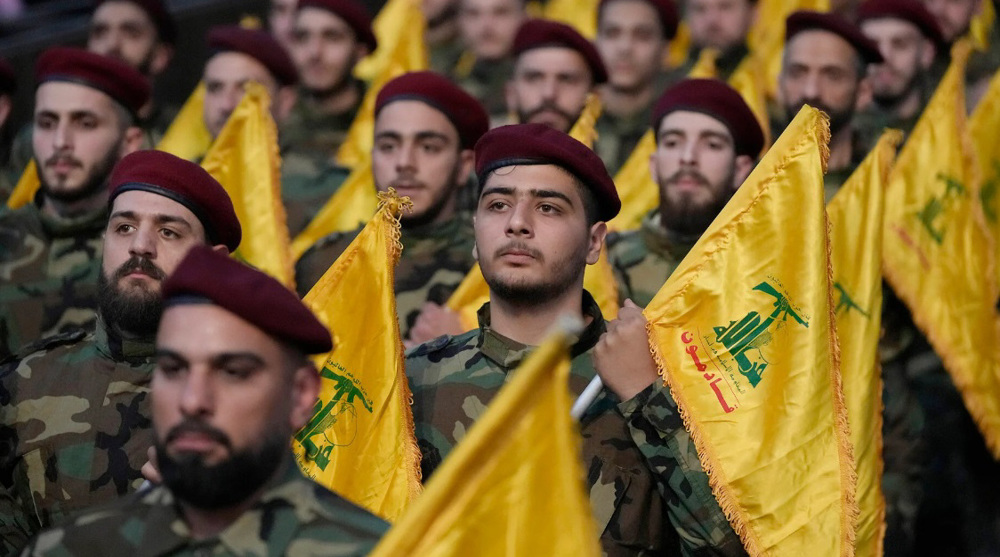
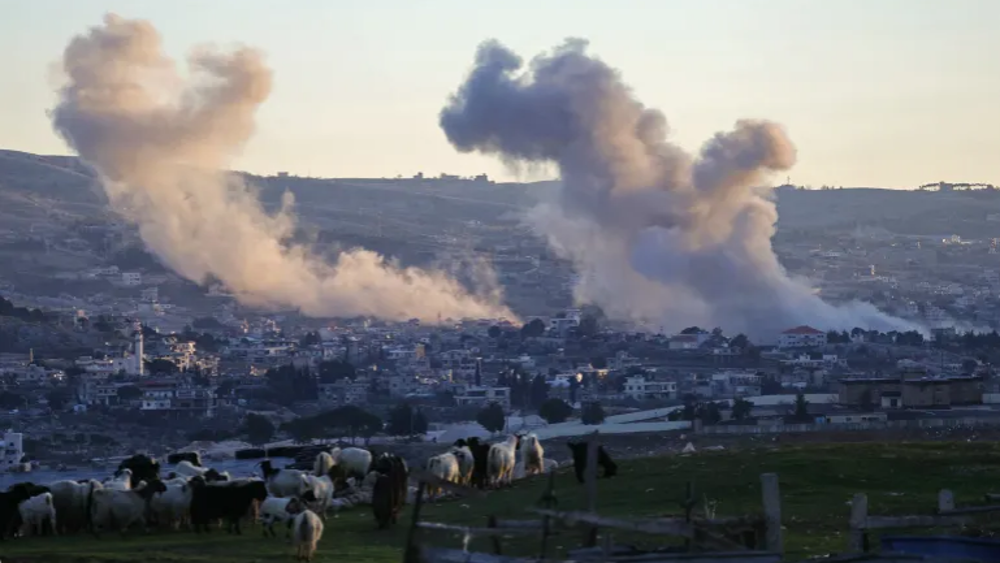



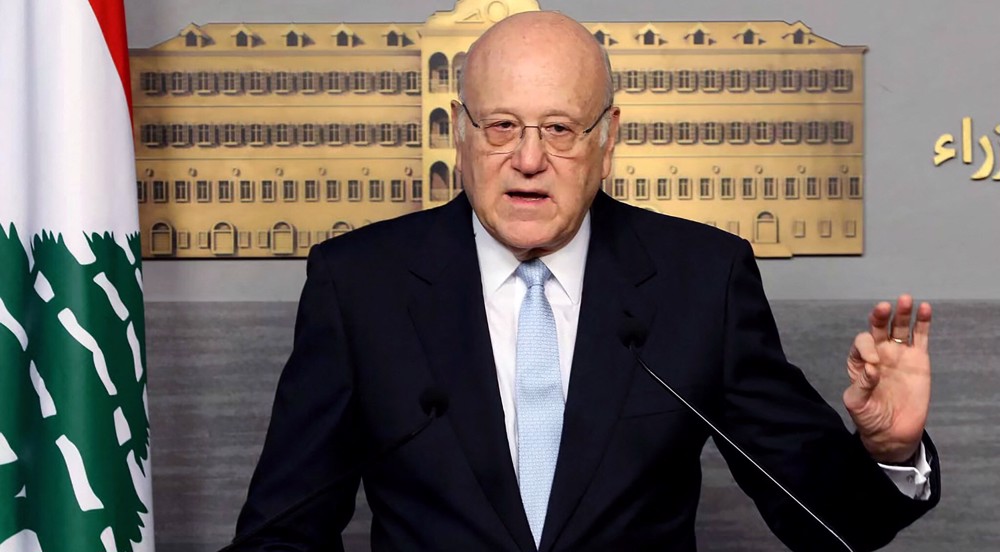
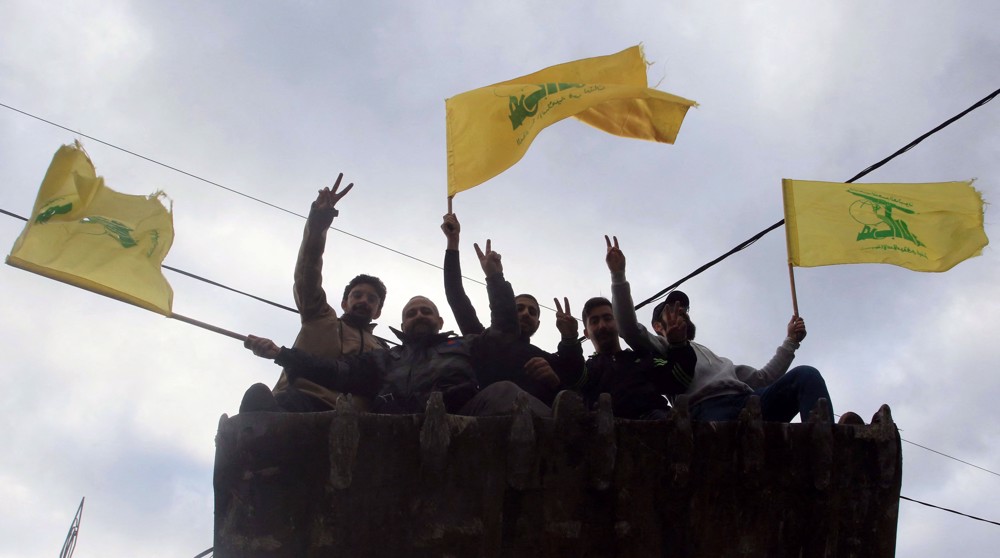
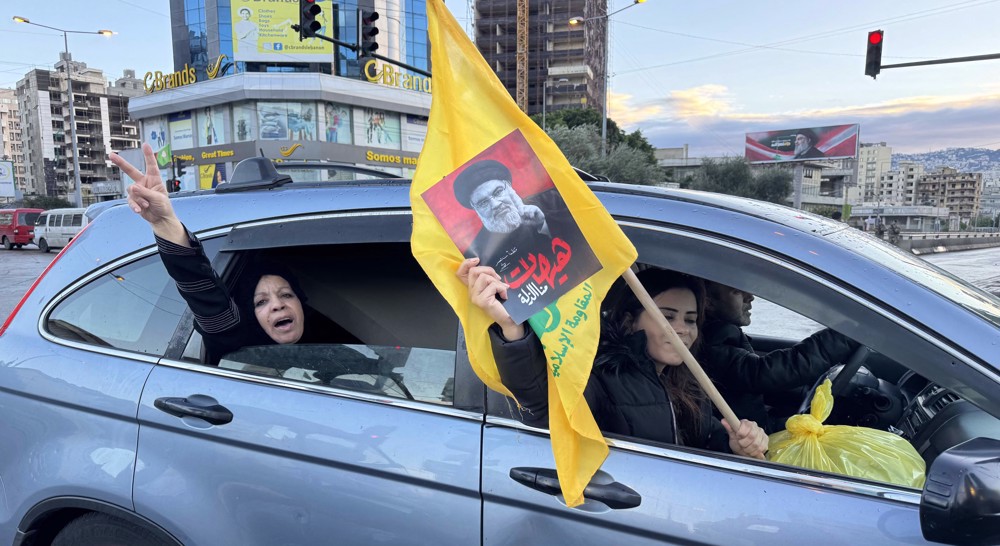
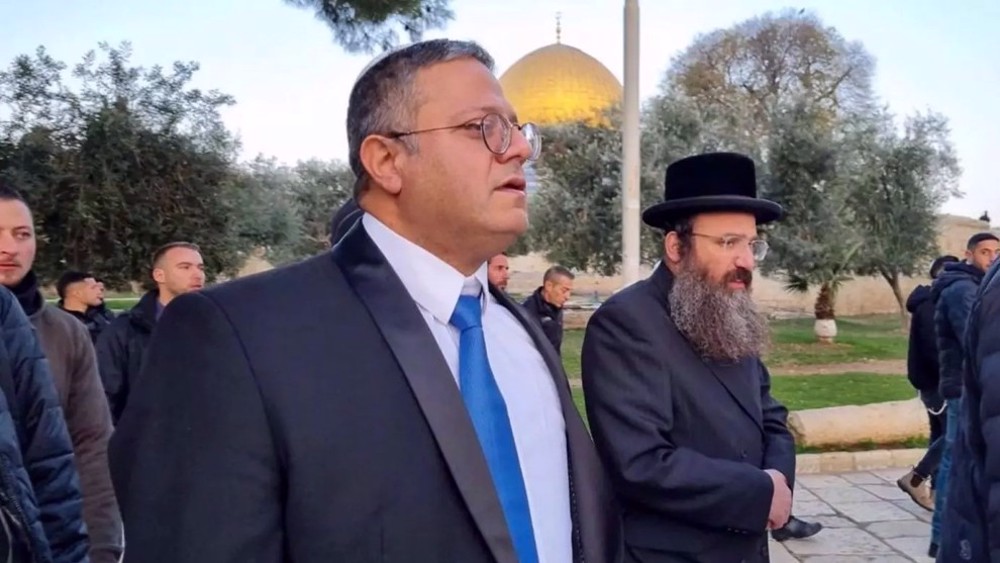
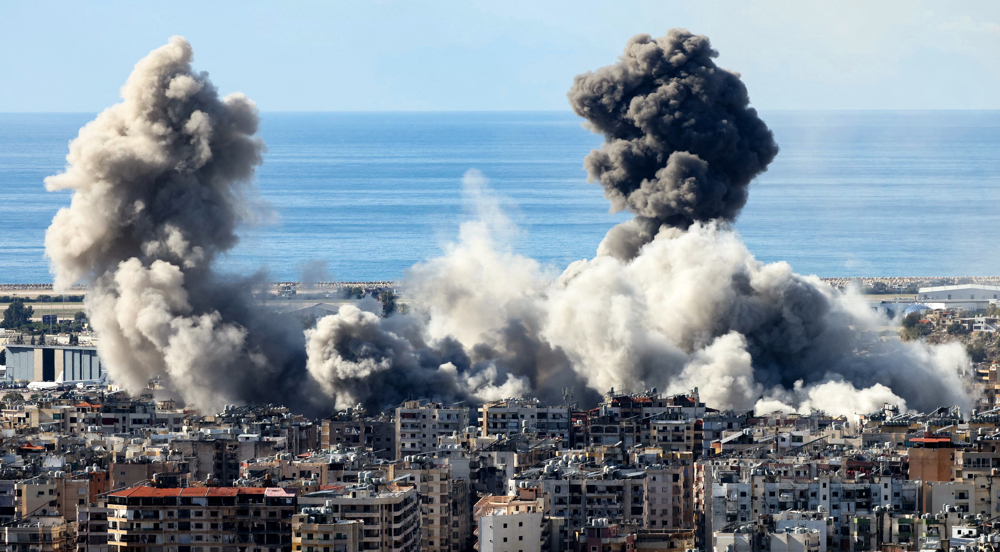

 This makes it easy to access the Press TV website
This makes it easy to access the Press TV website